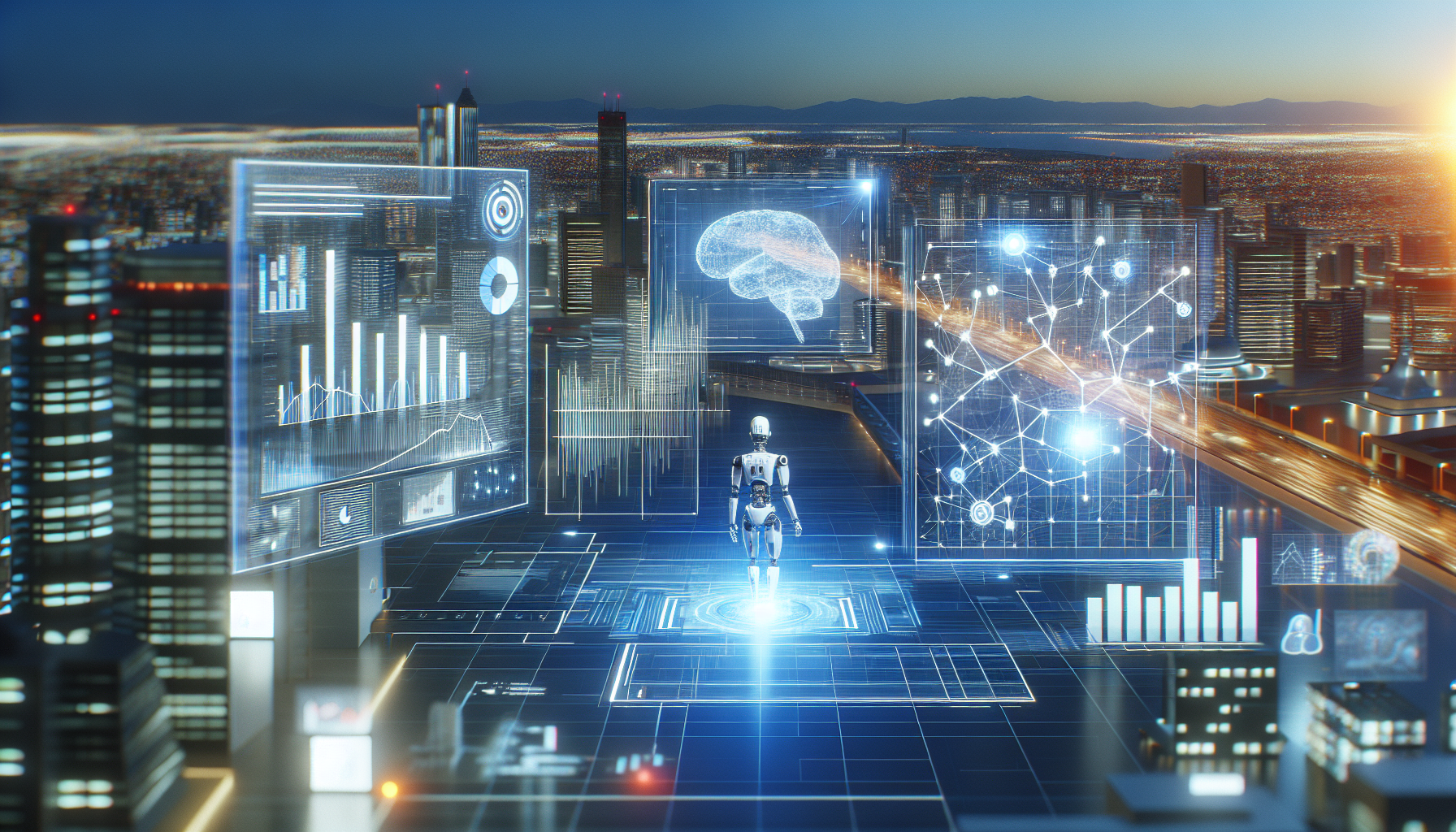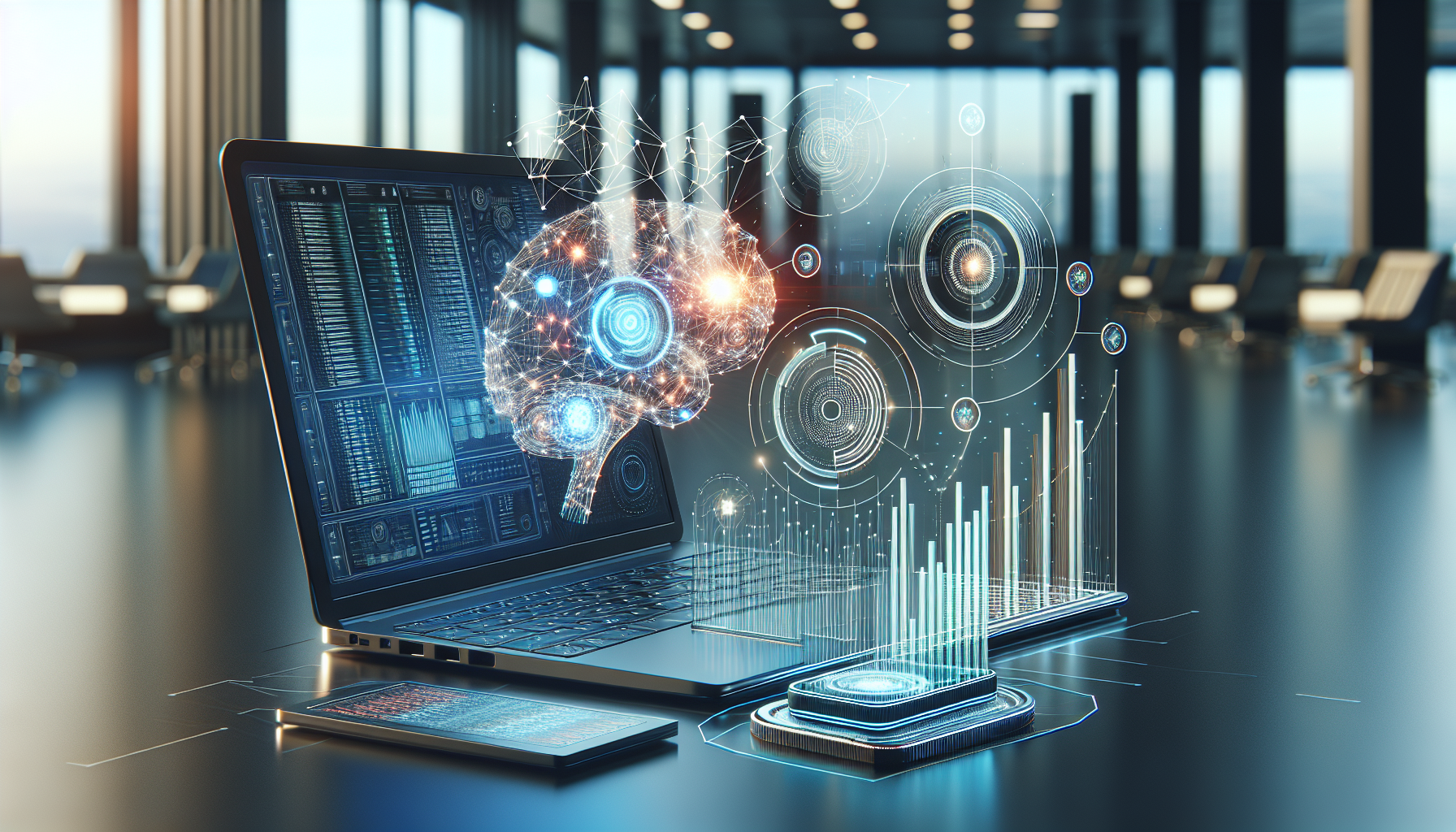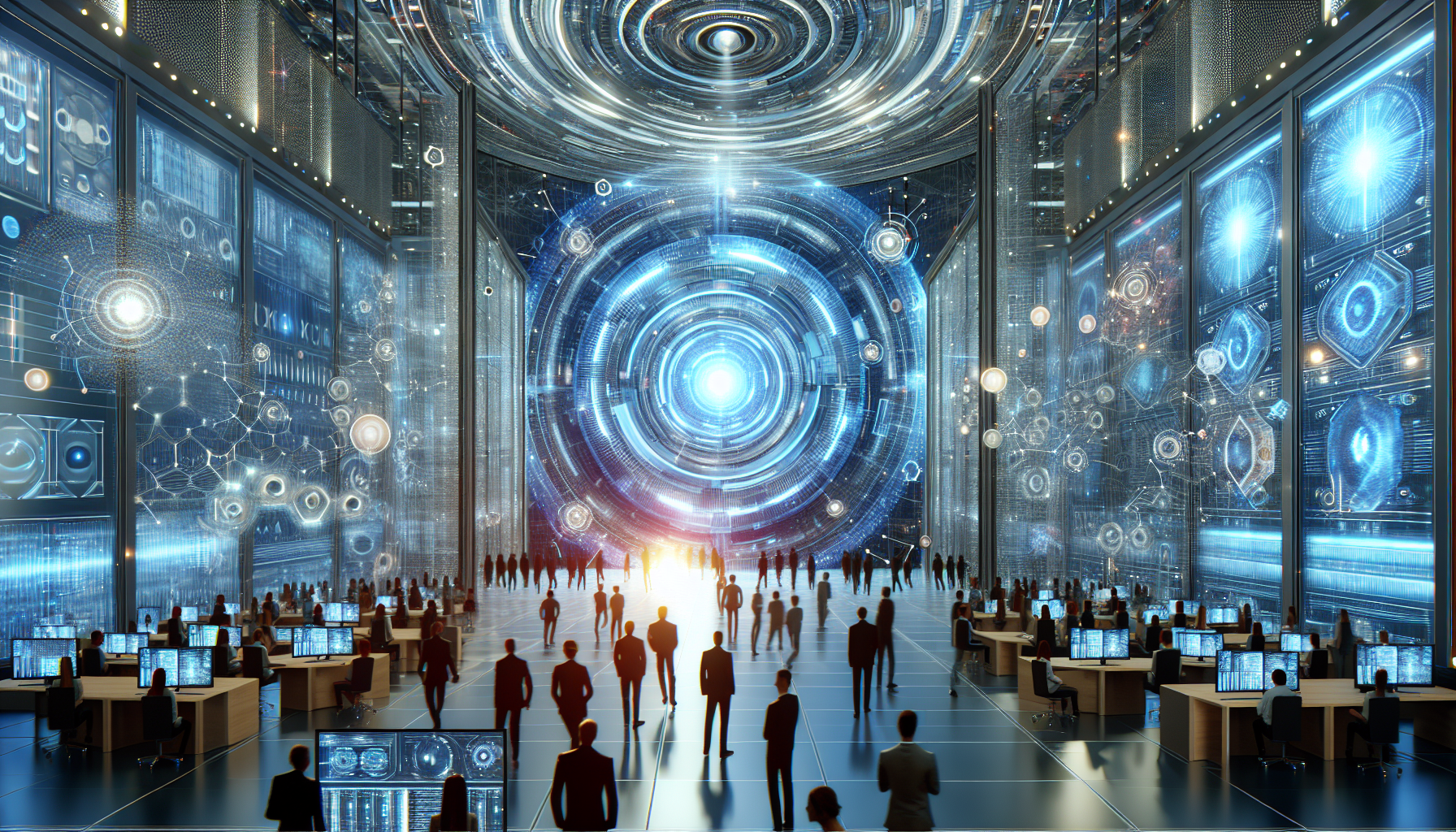
The Psychological Impact of Artificial Intelligence: Analyzing Emerging Trends in Human Behavior
August 10, 2025
Artificial Intelligence (AI) continues to permeate various aspects of daily life, subtly yet significantly influencing human behavior. As AI systems become more sophisticated and ubiquitous, understanding their psychological impact on individuals and society has become a crucial area of study. This article delves into the nuanced ways AI is shaping human behavior, offering insights into emerging trends and potential future implications.
AI technologies are increasingly present in personal and professional environments, from digital assistants and recommendation algorithms to advanced robotics and autonomous vehicles. These technologies are altering how humans interact with the world and with each other, leading to notable shifts in psychological patterns. One prominent trend is the evolution of human communication. With AI-driven communication tools facilitating interactions, there is a growing reliance on technology-mediated conversations. This reliance may lead to a diminution in face-to-face communication skills and a preference for digital interactions, which can impact social dynamics and emotional intelligence.
Another area of concern is the influence of AI on decision-making processes. AI systems are designed to analyze vast amounts of data and provide recommendations based on patterns and predictions. While this can enhance efficiency and accuracy, it may also lead to a dependency on AI for decision-making. Individuals might become less inclined to engage in critical thinking or independent problem-solving, trusting AI to provide the best course of action. This shift towards algorithmic reliance raises questions about autonomy and the capacity for independent thought, potentially altering the cognitive landscape of future generations.
The impact of AI on mental health is another critical consideration. While AI-powered mental health applications offer accessible support and monitoring, there is a risk of over-reliance on technology for emotional well-being. The impersonal nature of AI interactions might not fully address the nuances of human emotions, potentially leading to a sense of isolation or a lack of genuine human connection. Moreover, the constant presence of AI can contribute to heightened stress levels, as individuals may feel pressured to continuously engage with technology, blurring the lines between personal and digital spaces.
AI's role in shaping identity and self-perception is also noteworthy. Social media platforms and digital content recommendations, often powered by AI algorithms, influence how individuals perceive themselves and others. The curated nature of online personas can lead to unrealistic comparisons and a distorted sense of self-worth. As AI becomes more adept at tailoring content to individual preferences, there is a risk of reinforcing existing biases and limiting exposure to diverse perspectives, which can hinder personal growth and understanding.
The ethical implications of AI's psychological impact cannot be overlooked. As AI systems become more integrated into societal frameworks, the responsibility to address potential biases and ensure fair and equitable outcomes becomes paramount. The psychological effects of AI are not uniform; they vary based on factors such as age, cultural background, and socioeconomic status. Addressing these disparities requires a nuanced understanding of how AI interacts with different demographics, ensuring that technological advancements do not exacerbate existing inequalities.
Despite these challenges, AI also offers opportunities for positive psychological effects. AI technologies have the potential to enhance learning experiences, offering personalized education and fostering creativity. By analyzing individual learning styles and preferences, AI can create tailored educational paths, promoting engagement and knowledge retention. Additionally, AI can facilitate collaborative efforts, breaking down barriers and enabling global cooperation on complex issues.
As the psychological effects of AI on human behavior continue to unfold, it is imperative to approach these developments with a balanced perspective. While AI presents challenges, it also offers opportunities for growth and innovation. By fostering an environment of ethical AI development and encouraging dialogue between technologists, psychologists, and policymakers, society can harness the potential of AI while mitigating its risks.
The exploration of AI's psychological impact invites reflection on the nature of human interaction and identity in an increasingly digital world. How will future generations navigate the complexities of AI-driven environments, and what steps can be taken to ensure that technological advancements enhance rather than hinder human potential? As AI continues to evolve, these questions remain at the forefront, guiding efforts to create a harmonious integration of technology and humanity.


